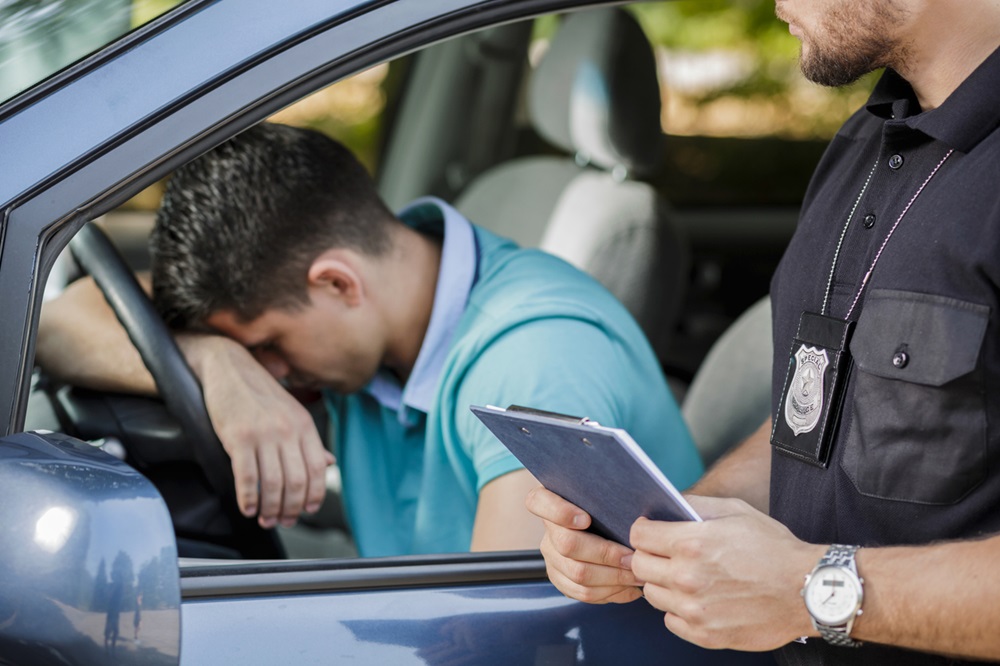Navigating the traffic court system can be a daunting experience for many individuals who find themselves facing charges ranging from minor infractions to serious violations. Understanding the complexities of this legal landscape is crucial for effectively managing one’s case and achieving the best possible outcome. Preparation is key, as traffic court hearings can vary significantly in structure and procedure, depending on the jurisdiction. Knowing what to expect can alleviate anxiety and improve one’s ability to present a case or respond to allegations.
Before attending a traffic court hearing, it is essential to gather all relevant documentation related to the case. This includes the citation or ticket received, any notices from the court, and evidence that may support one’s position, such as photographs, diagrams, or witness statements. Individuals should also review the specific laws or regulations they are accused of violating, as understanding the legal framework can help in formulating a defence. Many courts provide online resources that outline the charges and the relevant statutes, making it easier for defendants to familiarise themselves with their case.
During the hearing, the roles of the judge and any attorneys present are pivotal to the proceedings. The judge presides over the court, ensuring that the hearing runs smoothly and fairly. They are responsible for making rulings based on the law and the evidence presented. If a defendant has legal representation, the attorney will advocate on their behalf, presenting arguments, questioning witnesses, and providing evidence. However, if a defendant chooses to represent themselves, it is essential to be clear and concise when presenting their case. Speaking directly to the judge, rather than addressing the opposing party or audience, helps maintain decorum and keeps the focus on the relevant issues.
As the hearing unfolds, the prosecution, typically represented by a law enforcement officer or a Kansas City Missouri Speeding Ticket Attorney, will present the case against the defendant. This includes outlining the alleged violation and providing evidence to support the claim. The defendant or their attorney will then have the opportunity to respond, presenting their side of the story and challenging the evidence brought forth. This is where thorough preparation pays off; having a well-structured argument and supporting materials can significantly influence the judge’s decision. It is also crucial to listen carefully to the testimony and evidence presented, as this can provide insight into how best to counter the claims made.
Once both sides have presented their arguments, the judge will make a ruling. This may occur immediately after the hearing or may take some time if the judge needs to review the evidence further. If found guilty, the judge will typically outline the penalties, which can range from fines to points on the driving record or even mandatory traffic school. Understanding the implications of a guilty verdict is essential for defendants, as it can affect insurance rates and driving privileges. If a defendant believes the ruling is unjust, they may have the option to appeal the decision, although this process has its own complexities and timelines.

